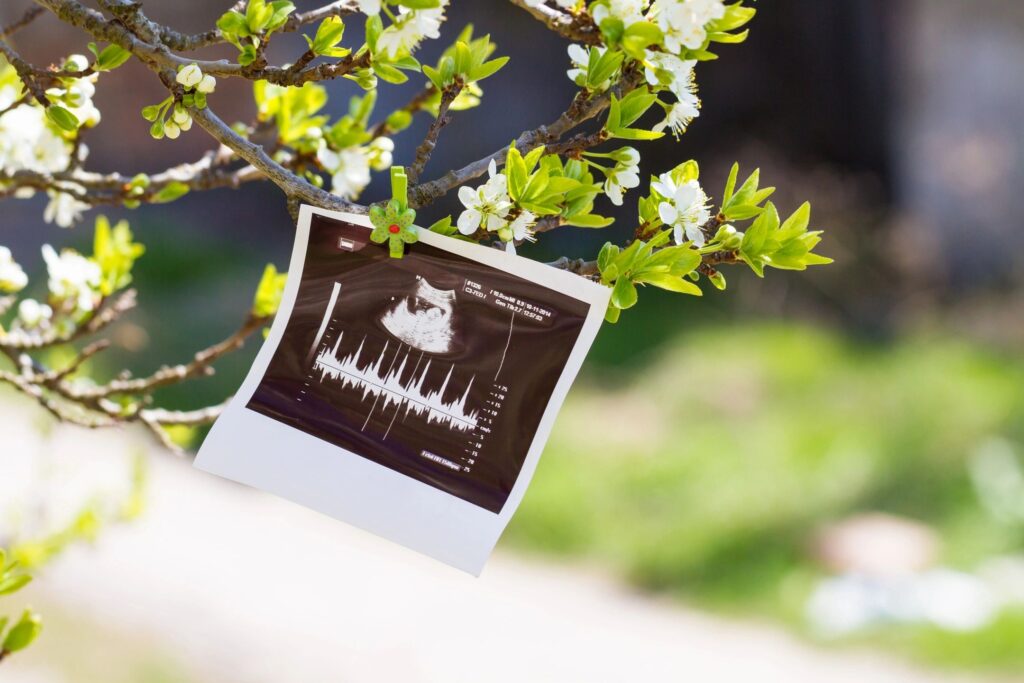
How do I know if I can get pregnant?

Can I get pregnant?
That is an excellent question, I am so glad you asked. The good news is the answer is most likely yes you can get pregnant. Approximately 85 to 90% of people trying to conceive will conceive on their own within 1 to 2 years. The bad news is there is no way to 100% prove to someone that they can get pregnant. Therefore, you’re just going to have to trust me. That said there are some factors you should think about when you are trying to judge if you will likely be able to get pregnant on your own (See below)
Risk factors for infertility:
There are risk factors for infertility you should know. If you or your partner has any of these risk factors instead of trying for a year before seeking help, I recommend that you seek help right away. This list is not exhaustive but if you have other questions please feel free to ask the Doc.
- If you or your partner has had difficulty conceiving in the past or in a previous relationship (I know big surprise.)
- Irregular ovulation is the most common reason for infertility. If your cycles are not regular, you should follow-up with a fertility specialist sooner rather than later.
- A current or previous STD like gonorrhea or chlamydia. This can lead to scarring of the tubes that carry the egg and/or the sperm. Scarring can result in obstruction and infertility.
- A previous vasectomy or tubal ligation (tubes tied). Remember honesty with your partner is the best policy. I have seen it when honesty has not been the policy and trust me it doesn’t end well.
- Treatment for cancer. This can decrease the number of sperm and/or eggs present and increase the risk of infertility.
- Female age greater than 35. Sorry this process is not fair and the guys are off the hook on this one. Female age greater than 35 is associated with an increased risk of lower numbers and decrease in egg quality. Females over 35 should seek help from a fertility doctor if they’re trying for more than six months without success.
- Female age greater than 40. Due to the decrease in egg numbers and quality that happens with age it is recommended to see a fertility specialist right away.
- Surgery that involves the fallopian tubes or testicles. This can lead to blockages.
- History of ectopic pregnancy. This is associated with tubal blockages.
- Abdominal infections. Abdominal infections can lead to scar tissue inside the abdomen and fallopian tube blockage.
- A known history of low egg numbers or sperm numbers. I think this one is self explanatory.
- Family or personal history of diseases that may have a genetic component. It is a good idea to see a fertility specialist in this situation. If there is a genetic component to a disease you may be able to proceed with genetic screening to decrease the risk of having an affected child.
Home fertility tests:
Several home tests try to evaluate if you can get pregnant. However, it is important to remember that the tests can tell you if things are normal or abnormal but they do not tell you if can or cannot get pregnant.
- Tests for egg number. These tests can give you a general idea if the number of eggs in your ovaries are normal. However you cannot test for egg quality. For instance, It is possible to have a high number of eggs but low-quality. In this situation even though you have a high egg number it may be difficult to get pregnant. Also you could have low egg numbers but very high quality and it may be easy for you to get pregnant. Therefore, this test does not determine if you can or cannot get pregnant.
- Sperm tests. Home tests will tell you if sperm is present and if the number is normal. There are also at home tests that can tell you if the motility is normal. Unfortunately, more involved sperm testing that looks at volume and morphology needs to be done through a laboratory, hospital or fertility center.


